Topic 1: Discussing the Hazards of Prolonged Sitting
Numerous studies have already confirmed the increased risks of cardiovascular diseases
(CVD), diabetes, obesity, cancer, depression, and other health problems associated with
prolonged sitting. The array of health hazards it brings has become a global issue. Furthermore,
sitting for extended periods has been clearly identified as a risk factor for diseases like
hyperlipidemia and hyperuricemia. It not only poses risks to the cervical and lumbar spine
but also acts as an independent risk factor for metabolic disorders. Recently, Professor Wei Li
from the National Cardiovascular Center and Professor Scott Lear from Simon Fraser University
in Canada published significant research findings in JAMA Cardiology.
This study utilized data from prospective urban and rural epidemiological research to investigate
the relationship between sitting time, mortality rates, and major cardiovascular diseases in
countries with varying economic levels. Through a study conducted on over 100,000 individuals
from 21 countries for an average duration of 11 years, it was found that compared to individuals
who sit for less than 4 hours per day, those who sit for 6 to 8 hours daily have a 12% to 13%
increased risk of early death and heart disease. For individuals who sit for more than 8 hours per
day, this risk increases by 20%, especially in low-income and middle-to-low-income countries.
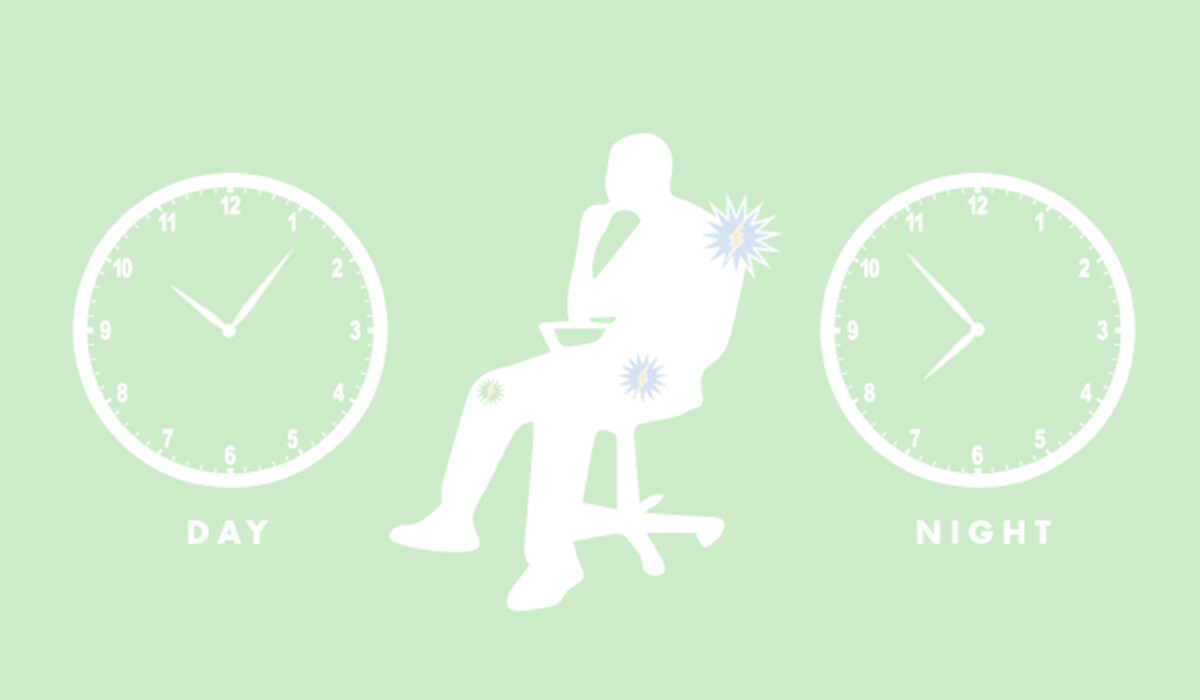
Topic 2: Is an adjustable desk worth choosing?
Nowadays, many people in the workplace begin to invest in their physical and mental health.
Everyone will purchase ergonomic equipment for the work space, such as ergonomic chairs,
functional backrests, and liftable desks that allow you to stand and sit alternately, or It's a
lifting bracket and so on. Whether you should choose an adjustable desk or not, you have to
stand up first, so the issue of the adjustable desk is not how to choose, but the issue of standing
up. If the adjustable desk can make you stand up, it is worth it.
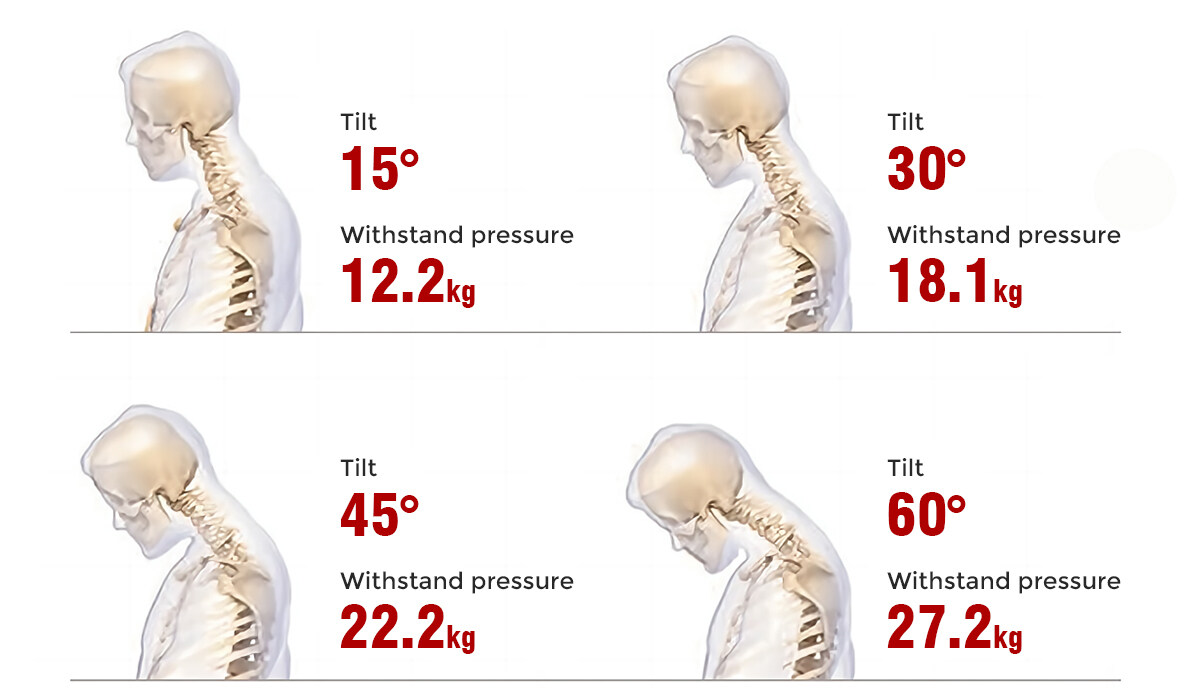

In fact, adjustable desk are more popular in some countries in Europe and the United States.
The basic principle of the electric lifting table is to use electric power to drive the motor, and
realize the automatic adjustment and lifting of the table height through mechanical and
electronic components. At present, there are two main types of adjustable desks. One is an
automatic adjustable desk: it is mainly driven by electricity, and has the advantages of
comprehensive functions and simple operation. The disadvantage is that it is expensive. The
other is the manual adjustable desk: the disadvantage is the lack of stability. When operating,
it is necessary to adjust the height of the table by hand, which is time-consuming and laborious
to operate. The advantage is that no electricity is needed and the price is cheap.
Topic 3: Change your posture to make your
office healthier
More and more people will suffer from pain in the lumbar spine, spine, eyes and other body
parts due to long-term sedentary work and lack of reasonable adjustment. Nowadays, the
adjustable desk on the market has become a product that many people can refer to when
choosing a desk, so how can we be healthier when using the adjustable desk?
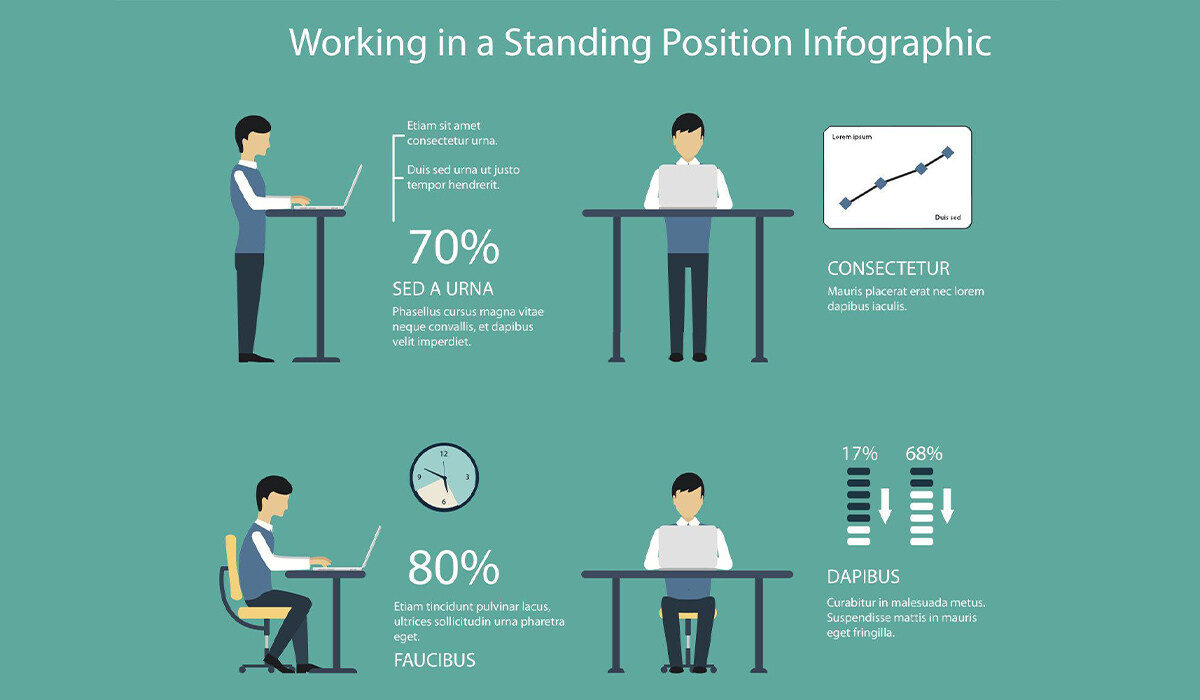
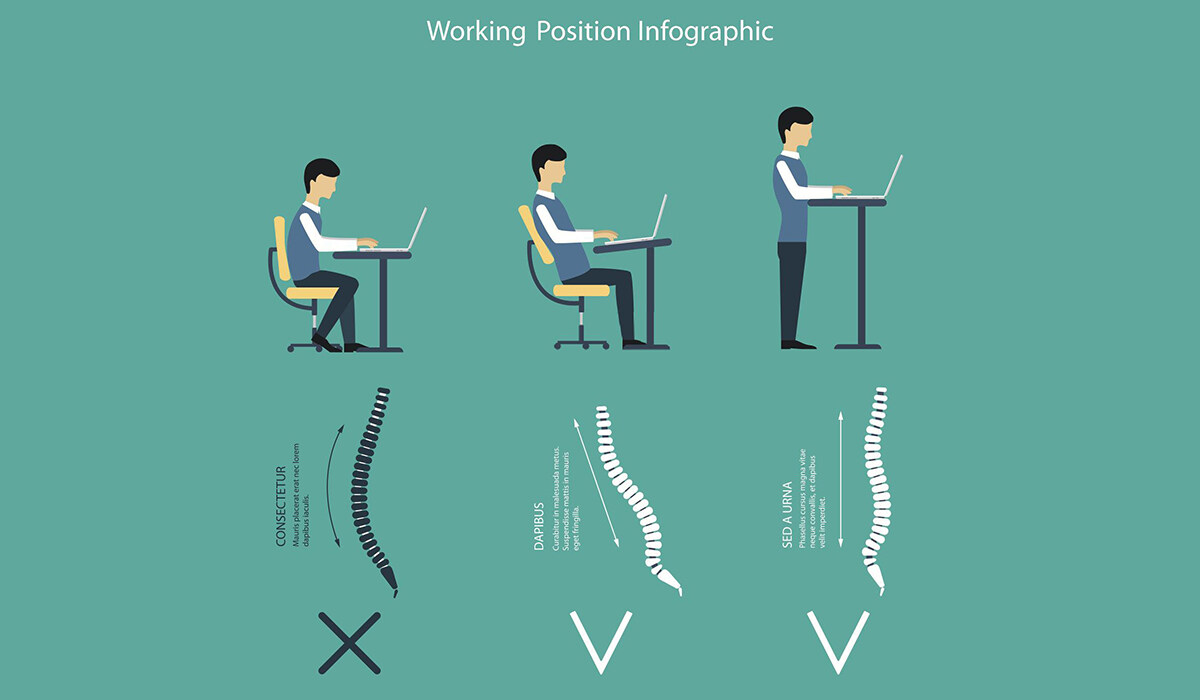
1. Height is the key
First of all, the height of the table is very important for whether you are sitting or standing.
Especially for growing teenagers, the height of the table should be adjusted to an appropriate
height as the height changes, so as to avoid lumbar problems caused by bending the waist or
standing upright for a long time.
When standing in the office, you can adjust your own adjustable desk according to the principle
of ergonomics. Usually the height of the table should be adjusted to the position of the navel.
That is to say, the relationship between the standing posture and the height of the desktop
should be that the elbow is kept at an angle of no less than 90 degrees, and the screen is at
or below eye level. There are also monitor stands designed for standing desks that can be
independent of the keyboard height. Adjust the height of the computer monitor to help you
maintain the correct posture for standing office.
2. The angle and posture should be correct
Both standing and sitting postures are very important to our health. Poor standing posture can
also give you the same back pain as sitting. When standing for office, the person's head and
ears should be placed directly above the shoulders, and the head cannot be probed, that is,
excessively forward. Leaning your neck forward puts five times more stress on the muscles in
the back of your neck leading to neck soreness. The shoulders should be relaxed and drooping,
with the elbows at the sides of the body and bent 90-100 degrees. Keep your forearm, wrist,
fingers and keyboard in a straight line while typing.
The eyes should be 50-70 cm away from the display screen, the display screen should be tilted
at 20 degrees, the eyes and the computer monitor form a slight downward gaze angle on the
screen, and the center of the computer screen should be at the same level as the operator's chest.
Especially when using a laptop with a small screen, the tilt angle reaches 60°, and the cervical
spine has to bear more than 27kg of pressure. If you keep your head down for a long time, it is
easy to keep the neck muscles tense all the time. It is recommended to use a computer stand.
The high screen height widens the gap with the keyboard height.
Stand with feet shoulder-width apart, weight evenly distributed across feet, and knees slightly
bent. This reduces excessive tension in the front of your thighs and allows you to better distribute
your body weight.
3. Stand time + get moving
We know that the most important thing to break metabolic disease is - break sedentary, stand up.
The biggest advantage of using an adjustable desk is that you can avoid sitting for a long time by
alternating sitting and standing postures, but how long do you stand? Some studies have shown
that you can gradually increase from standing for two hours a day at the beginning, and switch to
the standing position every 20-30 minutes. Alternate between standing and sitting positions.
It is recommended not to stay in one pose for more than an hour, as this can increase muscle fatigue
and lead to injury and pain. Take a break for 5-10 minutes every hour when using the computer, do
soft exercises or local massage, and at the same time develop regular exercise habits, and perform
stretching and muscle strength training for the shoulders, neck, and upper limbs to increase flexibility
and muscle strength.
When working, you can often change your posture and use a combined posture to work. For example,
divide the working time into small segments, including 20 minutes of sitting, 10 minutes of standing
and 2 minutes of walking.
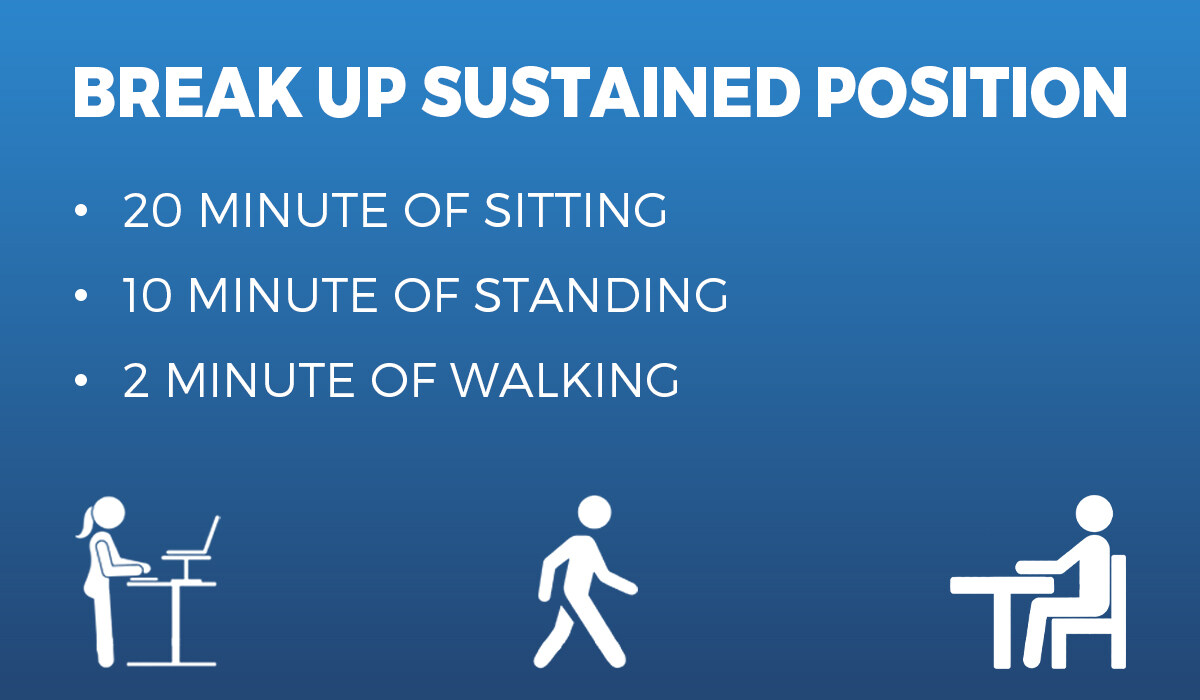
Besides breaking sedentary! Also increase high-intensity physical activity, which may be the easiest
way for us to protect our hearts and lives. It doesn't matter if you really don't want to exercise, just
move your chair away! After sitting for 40 minutes to about 1 hour, get up and move your body. You
can get up to get a glass of water, go to the toilet, or do some muscle stretching and so on. In addition,
if you have plenty of time, you can also run and ride a bicycle. According to your physical condition,
you can control the time between 30 minutes and 1 hour each time, 2-3 times a week, to increase
your body's aerobic exercise capacity.
In short, good health has lasting productivity. Friends who have the conditions can choose suitable
tables, ergonomic chairs, cushions, lifting brackets, etc. according to their own needs. Of course,
these are just tools. The most important thing is to change the bad habit of sitting for a long time.
If you plan to start a lifting desk, then the key references are as follows:
The value of the adjustable desk lies in:
You need to sit less, stand up and move more!
Your angle is right, your height is enough, and your posture is correct;
Finally, you can do both without a height adjustable desk, which is great!


